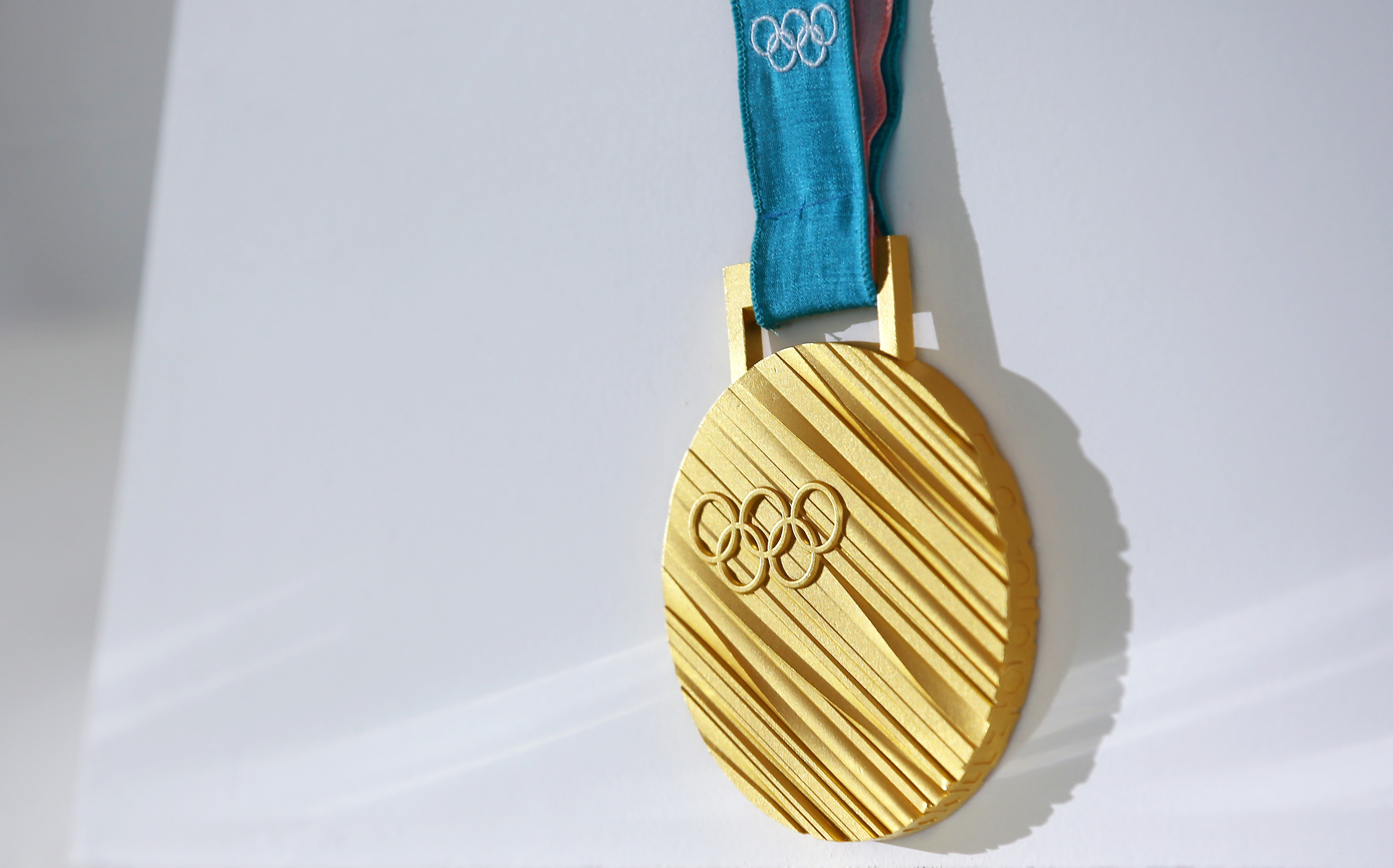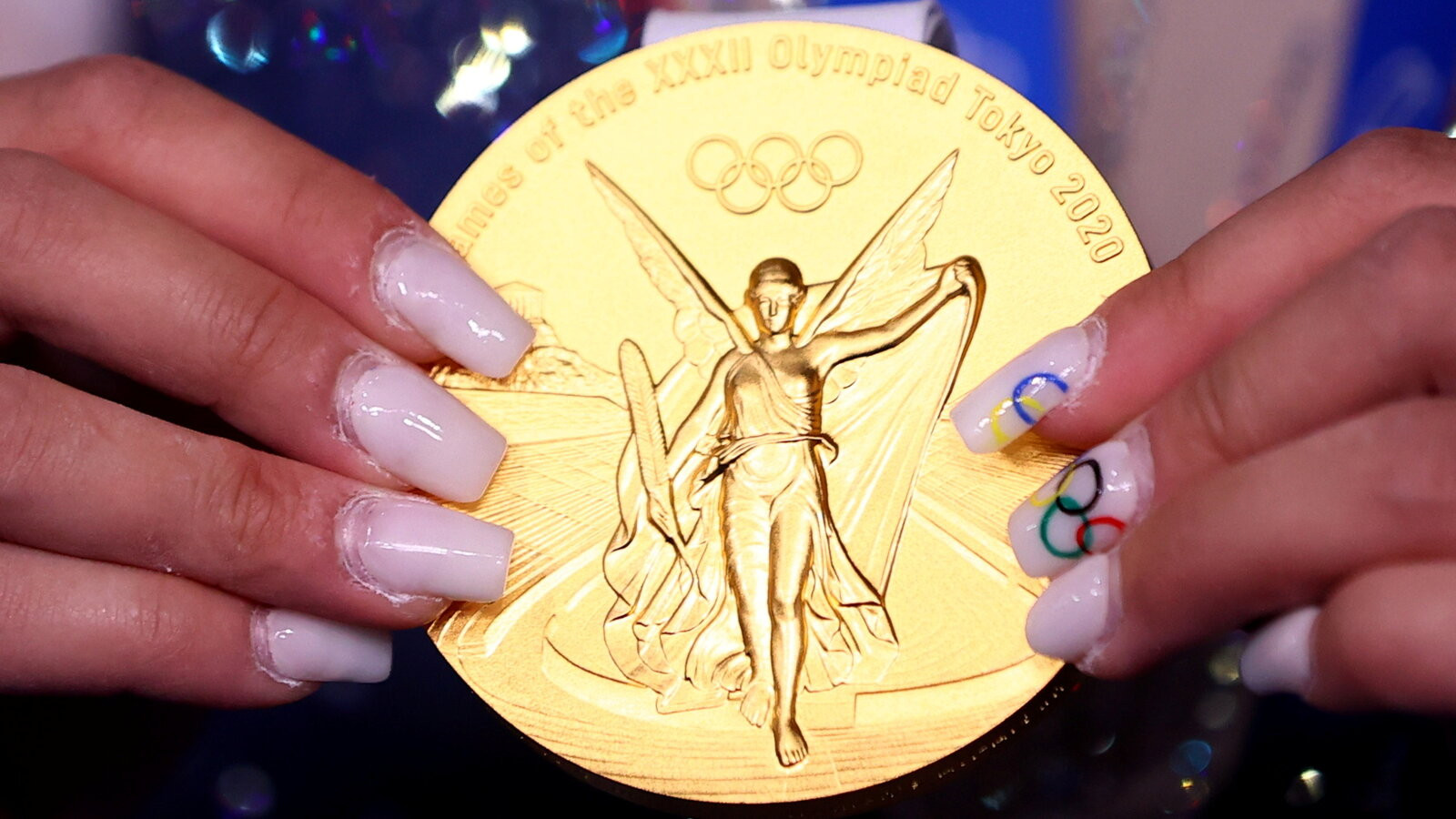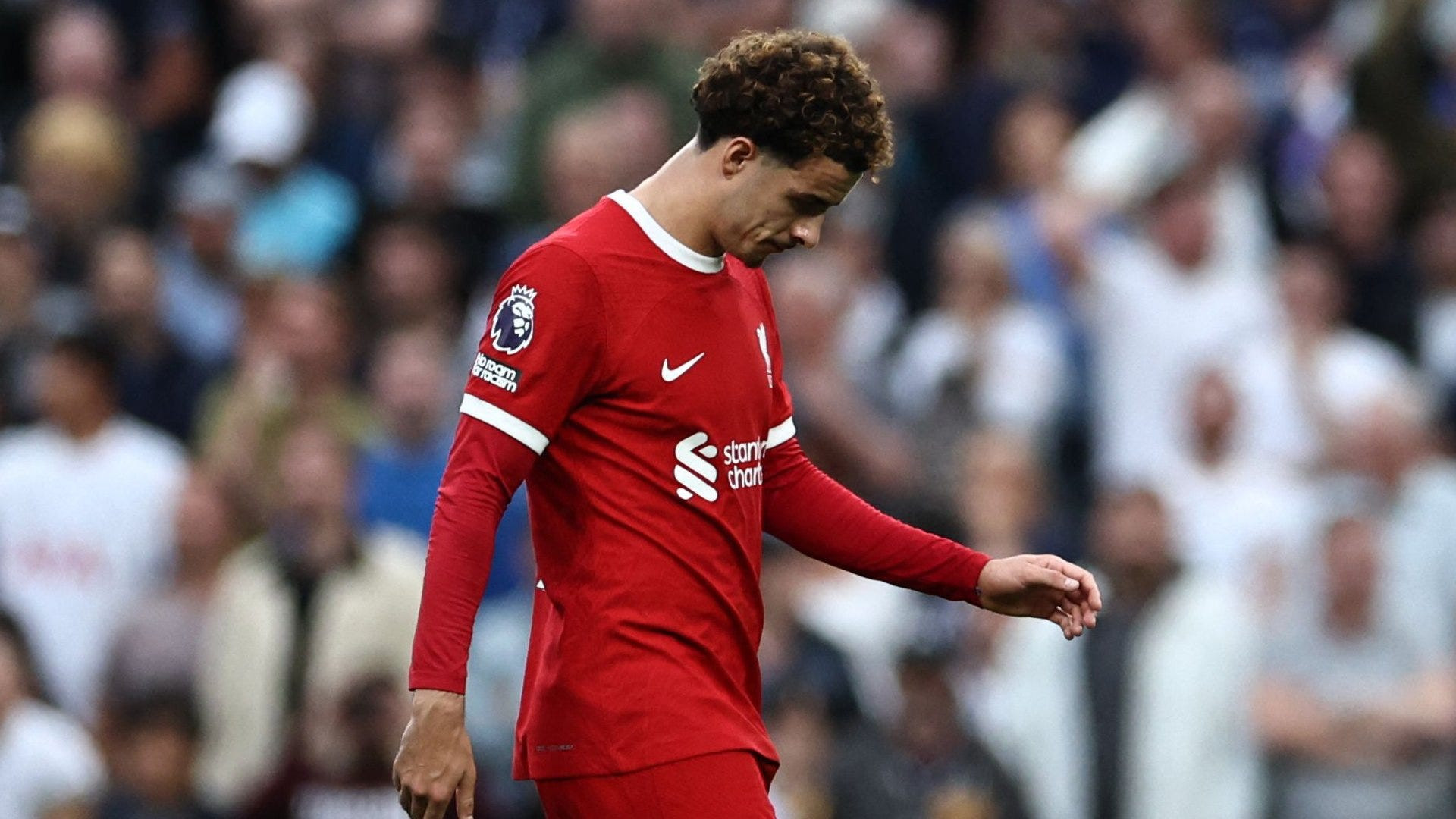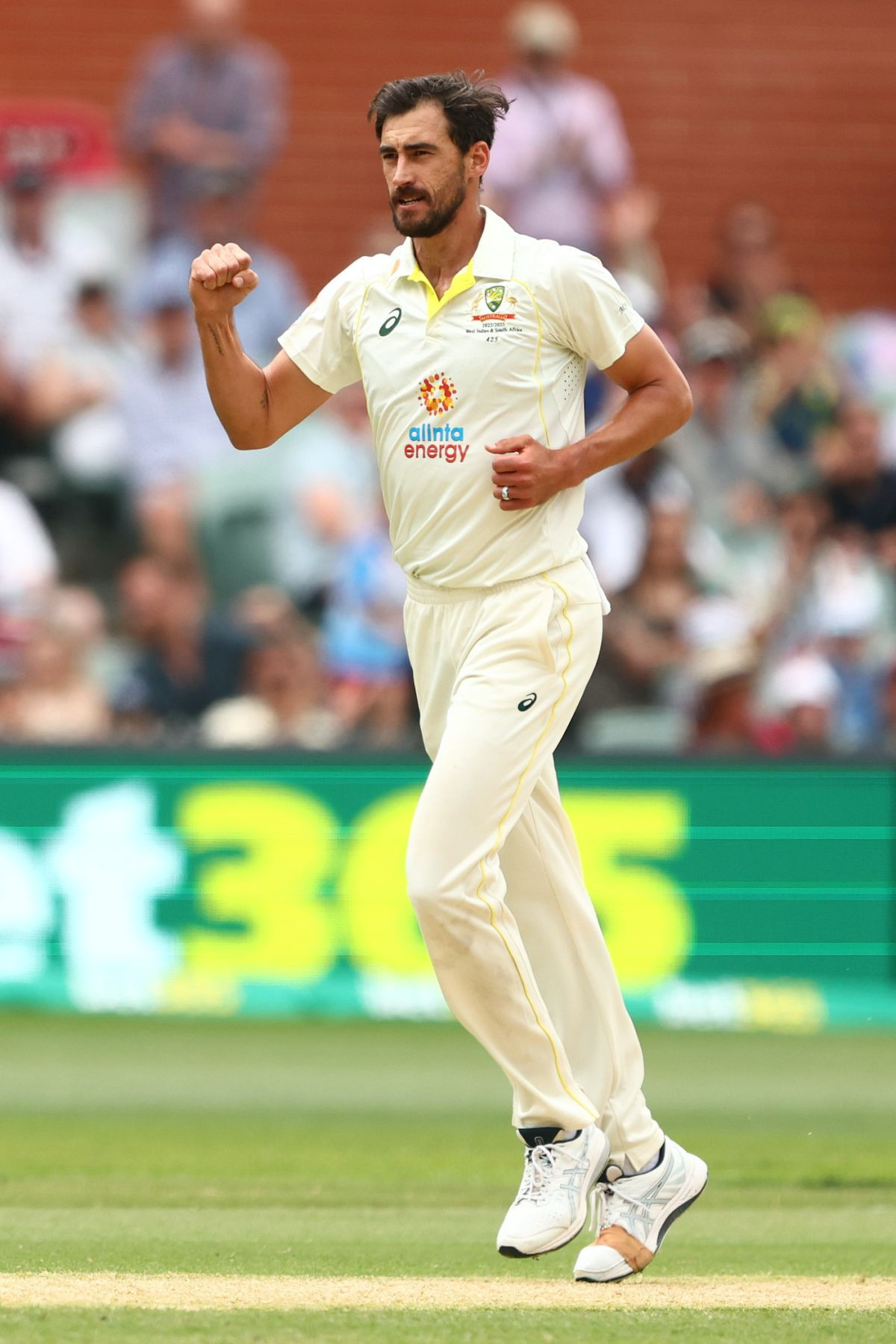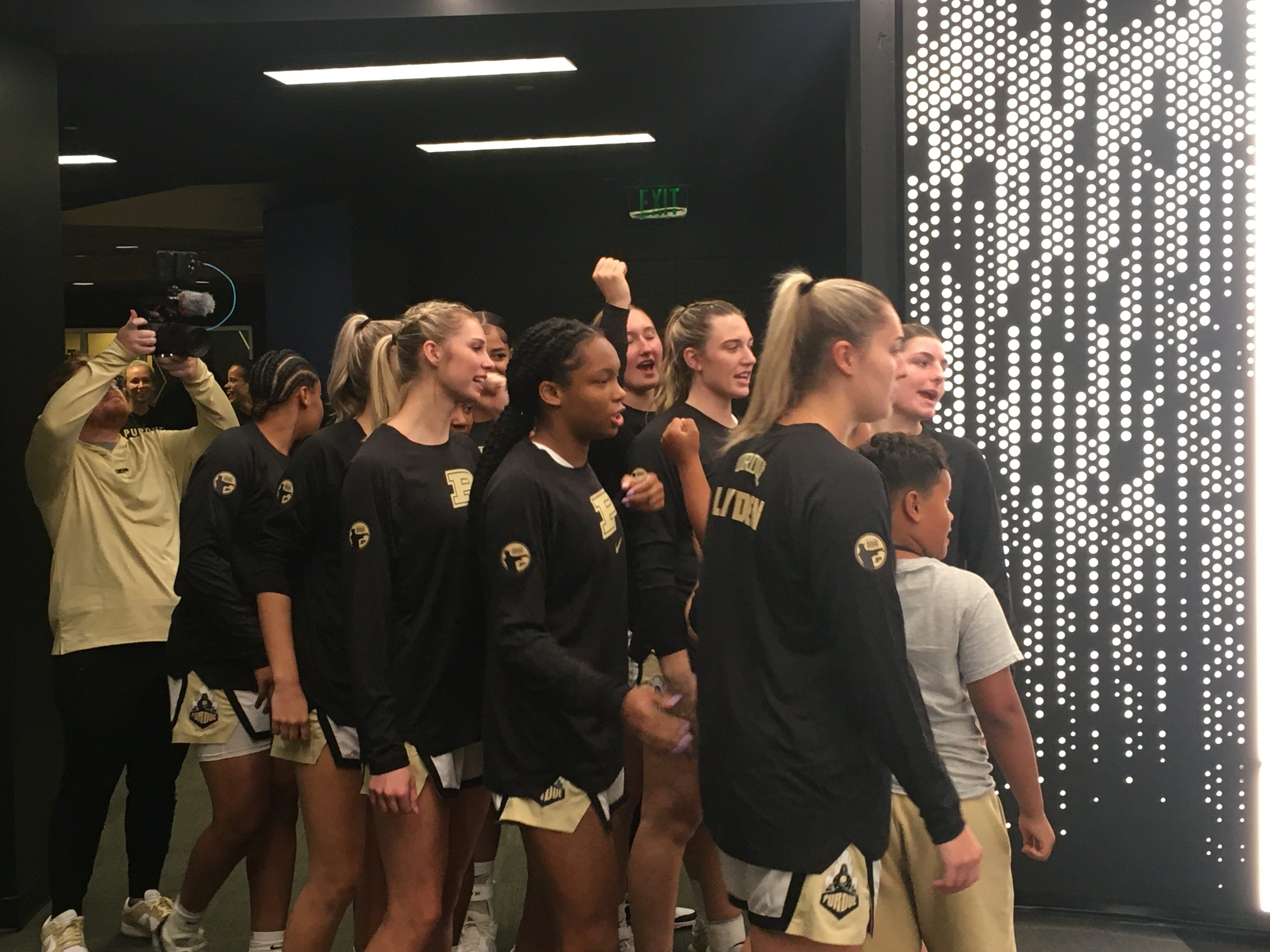Where Does an Olympic Medal Stand Among Golf's Accomplishments?
The question has become so pervasive that it has drawn eye-rolls lately. Rory McIlroy has been asked about it ad nauseam.
“I’ve been asked this question a lot,” McIlroy said, “where would an Olympic Medal sit in sort of the hierarchy of my career achievements? And it’s something I probably won’t be able to answer until when everything is said and done.”
It was a reasonable response, but it was likely the correct one as well. In an era of diminishing attention spans and the clickbait-driven discourse of the internet, it is challenging to establish significance for an event that occurs only once every four years.
Golf could have enjoyed decades of Olympic history by now, as it was supposed to rejoin the Games in 1996 but encountered a political quagmire when it was widely revealed that the designated host - Augusta National Golf Club - maintained highly exclusive membership practices. The club had no female members and only one Black member at the time.
Instead, golf at the Olympics resumed in Brazil in 2016, where the field wrestled with Zika virus concerns. The sport was contested again in 2020, but the entire Games were postponed due to the COVID-19 pandemic. When it eventually took place a year later in Tokyo, numerous players had either withdrawn from the event or contracted COVID themselves, rendering them ineligible.
The Subjectivity of the Olympic Medal's Value
“I’ve got this question a lot,” Jon Rahm said, “and I think that’s a great question for Xander Schauffele since he’s the only man recently to have done both.”
A valid point. Let's ask the man himself.
“It is a good question but it’s tricky,” Schauffele began. “Golf was in the Olympics and then it was out of the Olympics. So I think a lot of the kids were watching Tiger, or if you’re a little bit older, you’re watching Jack or Arnie, the older legends of the game. You’re watching them win majors.
“It’s kind of different. For me it’s very personal. My relationship with my dad, the relationship my dad and I have with golf — a lot of it sort of surrounds his teachings of when he was trying to be an Olympian.
“The majors are sort of what I grew up watching. They are two very different things to me. I think the Gold Medal, it’s been marinating nicely. Maybe in 30, 40 years, it’s something that’s really going to be special as it gets more traction and it kind of gets back into the eyes or into the normalcy of being in the Olympics.”
There are two significant points there. Marinating, and personal. Olympic golf calls for time to mature and for its narratives to develop. The other aspect of Schauffele's response is that the Olympics, with its elaborate ceremonies, nationalistic fervor, and individual narratives, is inherently more personal than it is historical. That is a realization that has likely dawned on many in recent days.
In 2021, Rahm, the undisputed best player on the planet, experienced heartbreak when, despite testing negative for COVID-19 multiple times, a single positive test prevented him from competing. He felt robbed. Jason Day passed up an opportunity to participate in 2016 but now regrets it. He devoted part of his Monday to watching the women's judo competition, awestruck by the athletes' emotions after culminating four-year journeys.
“To watch an athlete go through that emotion of trying to overcome a loss or overcome winning for the first time, winning a medal for the first time, is very inspiring to watch,” Day said. “So it definitely has changed the way that I view golf in the Olympics, and that’s why I’m very thankful for the opportunity to be able to compete here this week.”
J-Day had no interest in the Olympics eight years ago. Now, he harbors hopes of competing in Los Angeles in 2028 and even in 2032 back in Australia. He would be 44 then. Rory McIlroy was also uninterested in the Olympics eight years ago. Today, he sees it as a chance to leave an indelible mark not only on his season but also on the past decade of major championships that have eluded his grasp.
It is evident that the significance of golf at the Olympics varies greatly depending on the individual. Some may find this unsettling, yearning for an immediate validation of its place in the sport. But they should exercise some patience. And share the words of Nicolai Hojgaard, a young, strapping, ball-speed enthusiast. The Dane is just 23 years old, which would have made him a third-grader when his chosen sport was reinstated into the Olympic charter. In other words, the concept of golf as an Olympic sport is not entirely foreign to him. And it has him thrilled.
“I’m getting goosebumps thinking about it because putting on the national shirt is a really special feeling,” he said. “I’ve had it in my amateur days representing Denmark and Euros and World Cup and all that, and it was some of my best experiences in golf.
“To have that feeling now and that dream of getting a medal and getting back home, I can’t even think of how the reception will be in Denmark. Hopefully that will be something that transforms golf a little bit.”
It could be just the catalyst.
Olympic Golf: A Unique Blend of Patriotism and Personal Glory
The Olympics provide a distinctive platform for athletes to represent their nations and strive for personal greatness. This blend of patriotism and individual achievement sets the Games apart, making them a coveted prize for many athletes. While the value of an Olympic medal may be subjective, its sentimental and historical significance is undeniable. For some, it represents a pinnacle of their sporting careers, while for others, it serves as a catalyst for future success.




